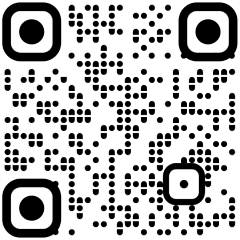Higher interest rates have resulted in a reduction in Current Account Savings Account (CASA) deposits as most of the savers are shifting towards term deposits, according to a report. CASA is low-cost deposits mobilised by banks, and higher amount of low-cost deposits mean better margins for banks.
A survey by Ficci and Indian Banks’ Association (IBA) released on Thursday showed that long term credit demand has seen continued growth in sectors like infrastructure, textiles, and chemicals.
Food processing and metals iron & steel have also witnessed accelerated long-term loan disbursements in the past six months.
Infrastructure is witnessing an increase in credit flow, with 67 per cent of the respondents indicating an increase in long term loans as against 57 per cent in the previous round, according to the 17th round of the Ficci-IBA Survey.
The survey said that the outlook on expectations for the growth of non-food industry credit over the next six months is optimistic, with 42 per cent of the participating banks expecting non-food industry credit growth to be above 12 per cent as compared to 36 per cent in the previous round.
“Given the higher rates of interest, a shift towards term deposits has been observed. Over half of respondent banks (57 per cent) reported a decrease in the share of CASA deposits in total deposits in the current round of the survey. The term deposits have picked up pace as reported by the respondent banks,” it said.
With regard to asset quality, the survey said that 75 per cent of the respondent banks reported a decrease in their Non-Performing Asset (NPA) levels in the last six months as compared to 90 per cent of the banks that reported so in the previous round.
An overwhelming 90 per cent of public sector banks have cited a reduction in NPA levels while among participating private sector banks, 80 per cent have cited a decline in NPAs, it said.
Respondent banks were more confident about the asset quality prospects in the current round of the survey, cushioned by policy and regulatory support.
About 54 per cent of the respondent banks in the current round believed that gross NPAs will be in the range of 3-4 per cent over the next six months, it added.
As per the survey, a resilient domestic economy, a pick-up in credit growth supported by government capital expenditure, a robust recovery mechanism, high provisioning, and high write-offs were cited as key factors by the respondent bankers which expect asset quality to further improve over the next six months.










